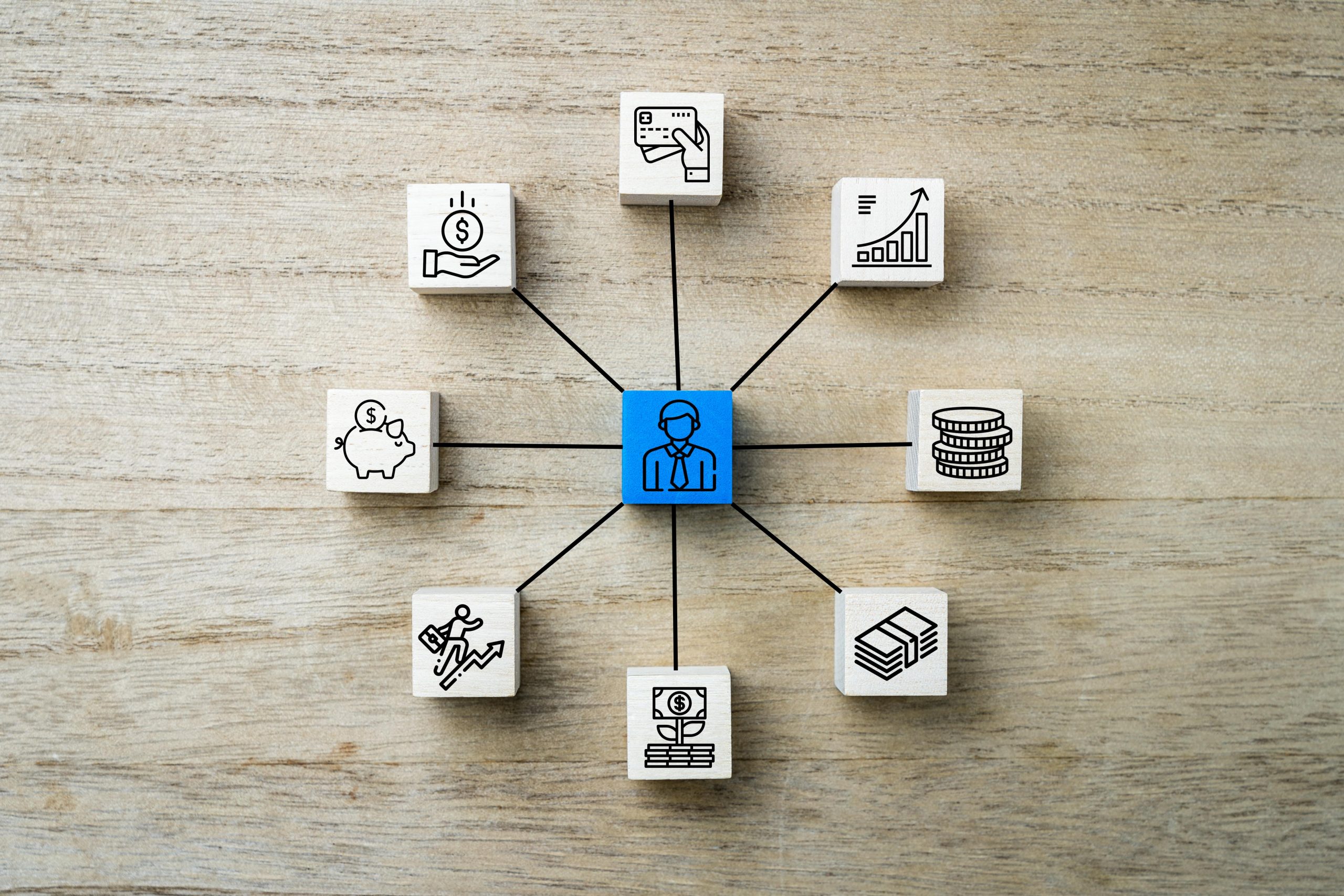Personal finance refers to the discipline of managing one’s financial affairs, with an aim of maximising income, saving, investing and safeguarding assets. This can be accomplished through budgeting and creating a savings plan.
Financial planning primarily revolves around achieving one’s personal financial objectives and making sure they are met within one’s means. This could range from saving enough to cover short-term needs, to planning for retirement or even saving money for your child’s education.
Maintaining Your Money Safe
A vital aspect of personal finance is keeping your money secure from potential thieves and burglars. This can be achieved by setting up a secure bank account, which will protect savings from theft or burglary. Other methods to keep cash on hand include investing in low-risk funds, paying down debts, and taking out insurance policies.
Investing in Profitable Assets
The process of investing in profitable assets can be complex and requires professional guidance. This could include stocks, bonds, mutual funds or fixed deposit accounts.
Purchasing Insurance to Secure Your Money and Estate
Personal finance should include purchasing insurance such as life, health and car policies. Doing this helps guarantee you are secure in case an unforeseen event such as illness or death occurs.
Establishing a Budget
Setting a budget is an effective way to keep track of your spending and see where it goes over the course of a month. It can help determine if you’re living below your means or if there are areas where cutting back would be beneficial.
Setting Aside an Emergency Fund
Establishing an emergency fund is the first step to financial security. This provides a safety net in case something unexpected occurs, like an injury or illness that prevents you from working. Experts suggest having three to six months’ worth of basic expenses saved up in a savings account.
Saving money can be challenging, so it’s often best to start small and build up over time. Additionally, set aside a small percentage of your income each month – whether that be a few dollars or several hundred. This way, you won’t feel obligated to sacrifice too much at one time.
Prioritization, Assessment and Restraint
When it comes to personal finance, the most essential thing is being realistic and prioritizing your spending habits. Doing this will allow you to maximize your income and save more money in the long run.
Calculating the costs of each item and financial product or investment opportunity is critical when deciding if it’s worthwhile to spend your hard-earned cash on them. Doing this helps maximize your resources, avoid overspending and impulse purchases, and maximize returns from each dollar spent.
Saving for future endeavors such as a trip abroad or purchasing a new car can be beneficial. Doing this helps build up your wealth, making it less likely that you will find yourself in difficult circumstances in the future.



